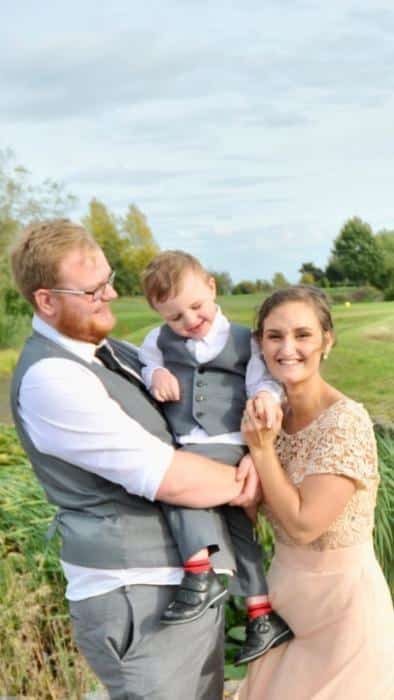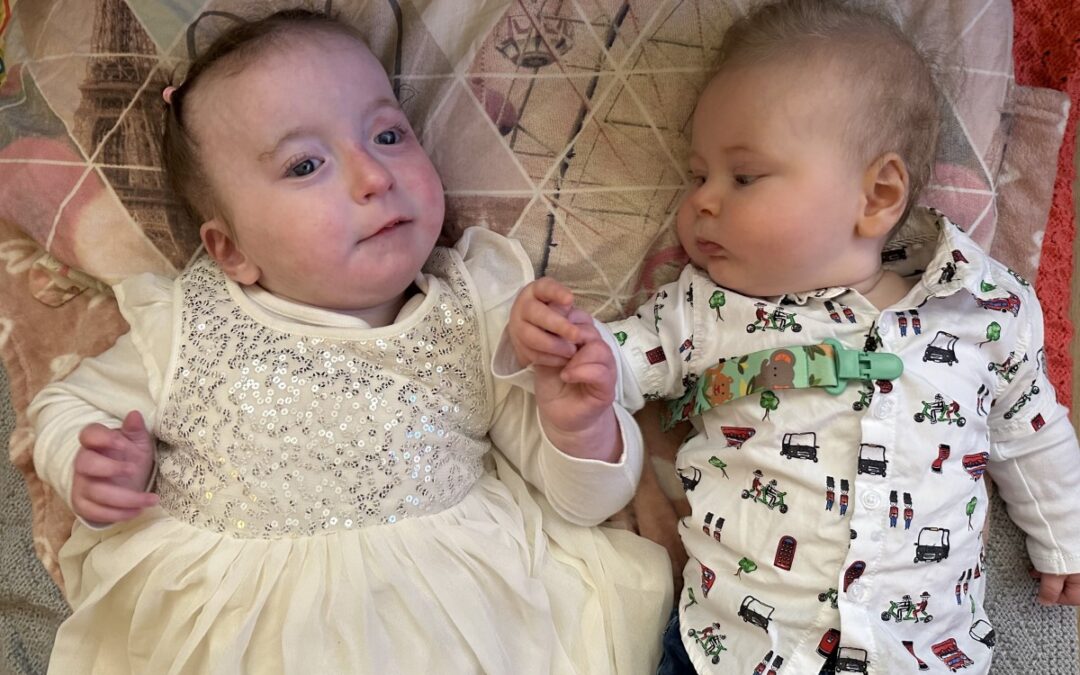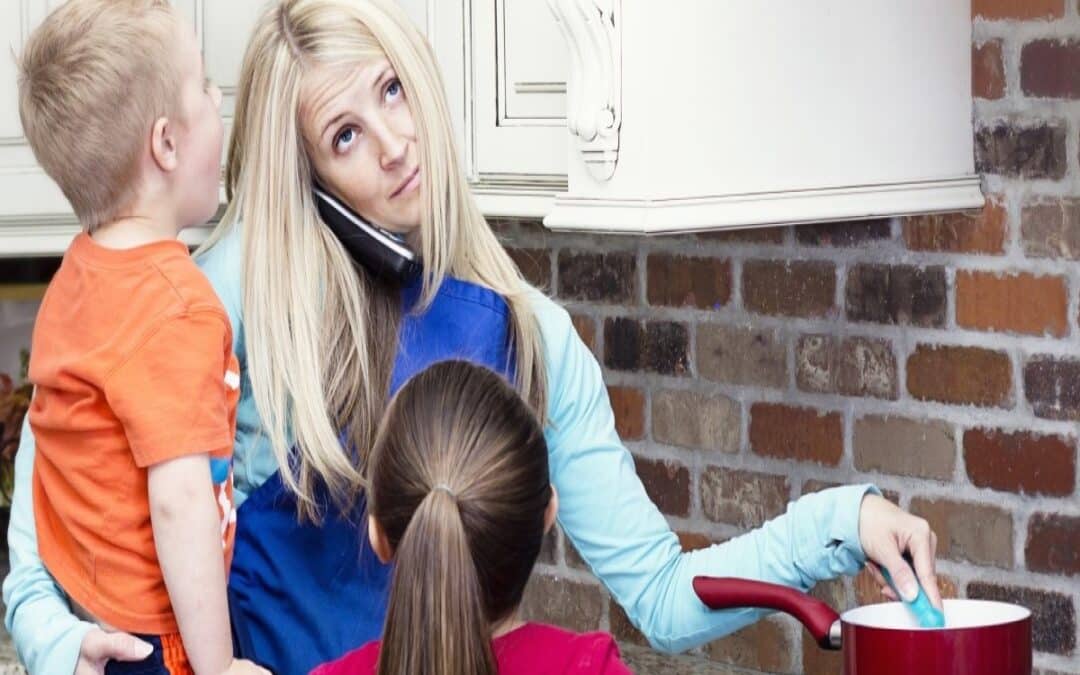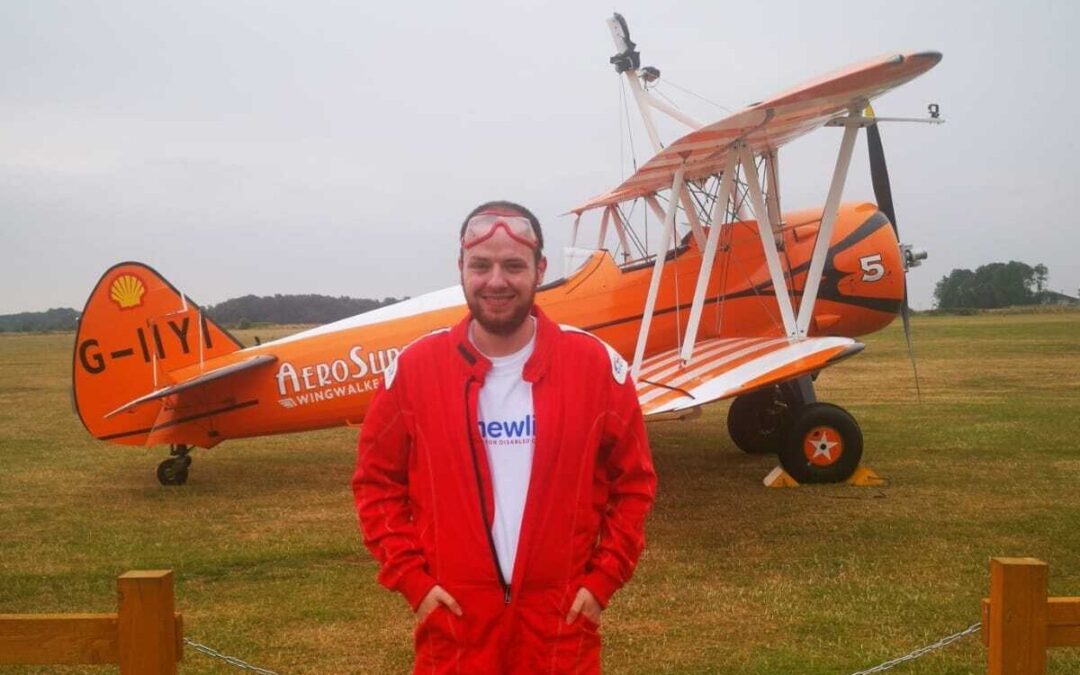
Every time Rachael Smith took her two-year-old son, James, out in the car she knew that there was a risk – but she had no choice. James is blind, has global development delay and epilepsy that can’t be managed with medication. He can have up to 20 seizures a day so Rachael knows that whenever she takes him out in the car, he WILL have a seizure – but with many medical appointments and nursery to get to, staying at home wasn’t an option. His high street purchased car seat didn’t give James the support he needed – he was in serious danger of choking on his own vomit or smothering himself on the side of the headrest as his seizure activity forced his face into the side.
Stopping at the side of a busy dual carriageway was a regular occurrence; struggling to get her terrified child out of the car to clear his airways and comfort him as car horns blared and traffic flew by. Having a specialist car seat would keep James’s head supported, and prevent him from flopping forward and blocking his airways. It would also mean Rachael could get him out quickly in an emergency. Yet Leicestershire County Council does not assess for or provide car seats for disabled children – instead, families are advised to purchase one themselves. Faced with finding £2, 045 to fund the specialist car seat James needed, Rachael turned to Newlife, which came to the rescue.
83% of local authorities apply unlawful ‘blanket bans’ that restrict equipment
The use of blanket bans by local statutory services is widespread and challengeable in law. This is one of the points Newlife is calling for action on. Often used as a way to ration shrinking budgets, a blanket ban means local authorities refuse to provide a particular piece of equipment ‘under any circumstances’. Each authority has its own criteria for applying these bans for example; no wheelchair assessments for under threes and no walking frames for a child who will never walk independently. However, by far the most common is the blanket refusal to fund specialist, protective car seats for disabled children, irrespective of whether there is a medical need for one with 83% of local authorities applying such a ban.
“But every single day severely disabled and terminally ill children are denied their fundamental rights because existing policies preclude them, or decisions are made based on frugality rather than health and necessity. The result is children are left to suffer in pain, their safety compromised, isolated from the world.”
Despite demand for equipment reaching critical levels, a quarter of local statutory services cut spending during 2016/17
Sheila continues: “There’s lots of complex reasons why children are being failed. The law protects their rights to live safely, to have the opportunity to learn and to reach their potential, whatever that may be.
“This matters to every family, cancers, accidents, birth defects and infections. These risks are with us every day. No-one thinks it will happen to them. I didn’t, but that’s the reality.
“We believe that if the government ‘fixes’ the four big issues highlighted here, then hundreds of thousands of our children will benefit.”
NEWLIFE’S FOUR-POINT-PLAN
We are calling on national and individual local statutory services to work with us to put in place our four-point-plan which will change hundreds of thousands of children’s lives:
FIX ONE: Cease the use of blanket bans for rationing equipment
Blanket bans are commonly used as a way to manage budget constraints. Essential equipment is denied ‘under any circumstances’, this is arbitrary and fails to respond to their assessed needs.
FIX TWO: Establish and emergency equipment response service
Children in crisis cannot get equipment quickly enough. Local statutory services don’t have an effective emergency equipment response service for children in urgent need. This needs fixing to prevent injury, to allow hospital discharge and to relieve pain.
FIX THREE: Introduce maximum waiting times for equipment assessments across health and social care
Waiting times for assessments for essential equipment are not capped, and there are widespread lengthy delays – families can wait months, sometimes years before their child is prescribed the equipment they need. This leaves disabled children living in pain or at risk of injury and their families in constant anxiety. They simply can’t wait.
FIX FOUR: Ensure every disabled child is counted
Disability registers are failing. Without an accurate measure, health and social care services cannot budget to meet the need. Local authorities must put in place an accurate way to measure the number of disabled children to ensure that no child is invi




